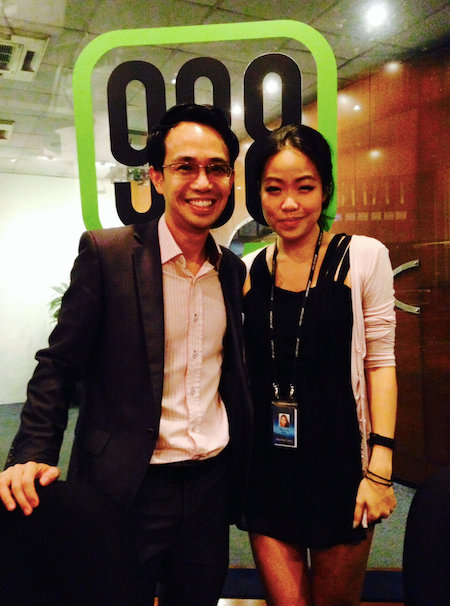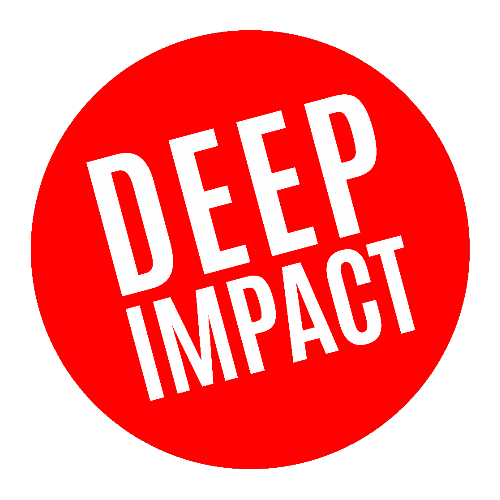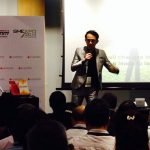Earlier last month, I was invited by Angela Lim of MediaCorp Radio 938Live to speak on her radio show, Between Us, on how people can build relationships in their workplace and get people to trust them in whatever they do.
Like my previous radio shows, I will always feature my recordings here for my readers and participants of my training programs. However, I’m very sorry that we didn’t manage to record this radio show this time.
Hence, I would like share in writing here what I discussed over the air with the listeners on building trust and relationships at the workplace.
So, how do you build trust in the workplace?
There are two components in building trust – character and competence.
Let’s talk about the first one; character. When we talk about character, we want to know what values he stand for. It will also mean the moral intent and what a person does in different situations.
In one of the segments of our High Impact Teams training, we get participants to identify the values they stand for. In one of our trainings with the team members of an Oil and Gas company, we have one participant who values punctuality highly. In other words, if anyone is not punctual to a meeting with him, that person is not considered trustworthy.
Imagine his frustration when meetings are not able to start on time and when deadlines are not met! I have observed that we tend to judge others by what we hold highly in our values. Values do differ from one person to another, but there are some universal ones that most people tend to all hold on to: e.g., integrity.
Values are important to a company as well. In the case study of Johnson & Johnson’s 1982 Tylenol crisis which I have written before, Johnson & Johnson stood by their values of ensuring public safety first and recalled all of their Tylenol capsules, which was suspected to contain the deadly chemical cyanide which causes death of seven people.
The recall cost the company a loss of $100 million dollars, but because they made their decisions based on company’s credo (to most organisations, it is core values), which is their responsibility to everyone who uses their products.
This clear act on values helped to regain trust by consumers and even recovered their market share lost from this crisis. [You can read more about the Johnson & Johnson case study here].

The second component in building trust is competence.
When a person is competent, they will be highly respected in their field of expertise. This leads to high trust and they know that you have the ability to get the job done. They know that you will bring a certain level of expertise and standards in what you are doing.
Hence, it is important that we keep in mind that trust is a function of both our character and competence, regardless whether it is building trust in the workplace, or at home.
I feel that sometimes we place too much emphasis on being charismatic. While I acknowledge that it is useful for the short term, it will not last very long if it is still not backed up by character and competence.
I hope it adds value to you. If you are keen to explore how we can work with you team to develop high trust within the leaders or department, you can enquire how we can provide these hands on training programs for your colleagues.








